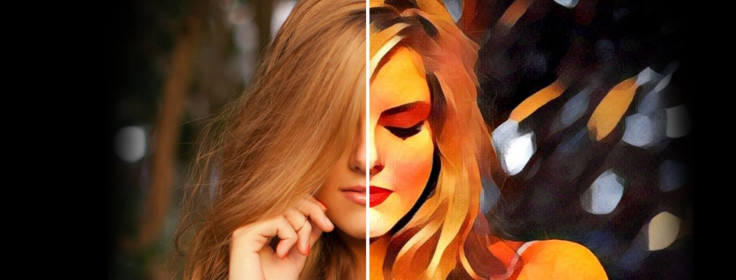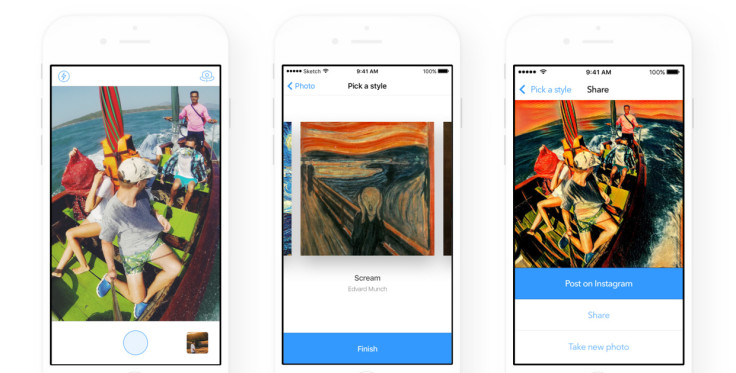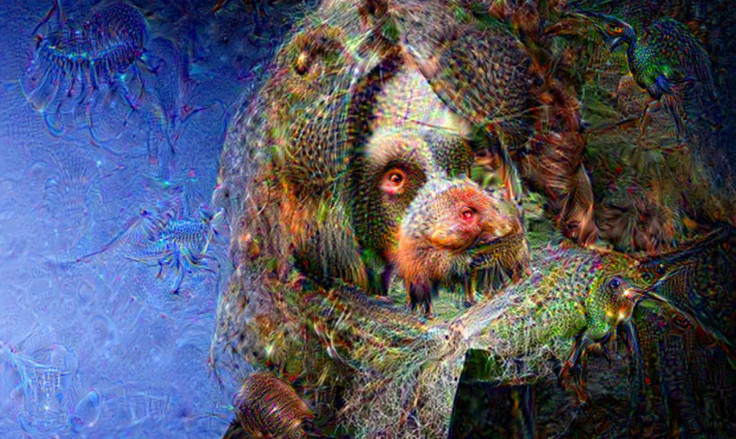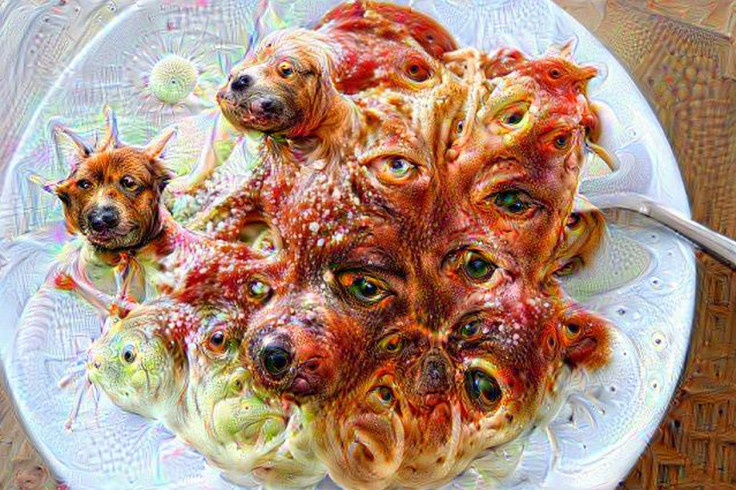What is Prisma? Behind the hip new app that turns your photos into impressionist paintings using AI
Russian app that uses neural networks to make photo artworks takes world by storm.

There are been many image-editing mobile apps released over the last six years, but none that have seen such a huge amount of interest as Prisma, a photo app from Russia that uses artificial intelligence to turn images into impressionist paintings within seconds.
Prisma is kind of like the amateur photographer's version of the Pokémon Go phenomenon, only we're talking about just over 1 million daily users, rather than the tens of millions of users now using the game app, but it's still a massive achievement for an app that isn't a game and has neither a social network or an instant messaging function in it.
But how does Prisma work exactly? Join IBTimes UK as we walk you through the latest app exciting creative people around the world.
What is Prisma?
Prisma is a very simple photo-editing app created by an app developer in Moscow, Russia. Users either select a photo from their smartphone or tablet's image library or take an image with the camera and then select one of 33 different filters inspired by famous art styles like Picasso, Monet, Van Gogh, Munch, Levitan and Kandinsky, as well as popular patterns and ornaments like DC comic book illustrations.

Within seconds, the app returns the result, which users can save to their devices and share on social networks like Twitter, Facebook and Instagram.
The app was launched in June and is currently only available for iOS devices, although an Android version is now in the works and will be released before the end of July. It is currently the fifth most popular free app on iTunes, ahead of both Instagram and Pinterest, and the only photo-editing app to make it into the top 50 most downloaded free apps.
How does Prisma work?
Prisma utilises artificial intelligence and neural networks to edit your photos. So it might take only a few seconds for your photos to be turned into art, but the image processing is not happening within the app – instead the image has to be sent to Prisma's servers in Moscow and then the result is returned to your phone.
This is not dissimilar to Google's DeepDream "inceptionism" image recognition software, which set the internet alight in June 2015 when Google's computer scientists released research detailing experiments with a network of computers that produced strange, fantastic and psychedelic images that looked a lot like impressionist art.

Google's neural network was designed to see how computers could be taught to think, understand and identify objects, animals and people in images. Different layers in the network examine varying aspects in images, interpret the image in a certain way and then finally formulate an answer, and Google's DeepDream tended to interpret innocuous images like clouds or faces as animals, layering creepy eyes and the heads of dogs over images.
Interest in the quirky images was so great that Google released the software's source code for free and software developers began hosting the software on their servers for free so that anyone could upload an image, have it instantly processed (bandwidth permitting) and then see the result.

Prisma's CEO and co-founder Alexey Moiseenkov told TechCrunch that Prisma utilises three neural networks that each perform a different task – from analysing the user's image to extracting an art style from a famous artwork to applying it to the image.
"We're not just overlaying like an Instagram filter. We create the photo from scratch. So there is no photo, we took your photo, then perform some operations and give a new photo to you. So deep learning is like an artist, something like that," he said.
Prisma coming to video soon
Moiseenkov found an existing computer algorithm for converting images into artwork on the internet and it took his team about two months to improve the algorithm so that it would work instantaneously rather than taking between 10 minutes to an hour to process a single image, but he doesn't want to stop there.
The app is currently working on computer algorithms that make it possible to take a mobile video clip and process each frame of the video so that the end result is a live animated scene depicted in a particular art style.
ПришлоÑÑŒ копать наÑтройки Facebook, будет так #prisma
Posted by Alexey Moiseenkov on Sunday, June 26, 2016
That's an incredible amount of computing power right there, and given that Prisma is now so popular that at times the app stops working due to too many people trying to process images at the same time, it's likely that Prisma is going to need much more powerful servers, or it could face a situation similar to Niantic Labs' problems with Pokémon Go server outages due to too many users trying to log onto the app at the same time.
Still, a pretty mean feat for a photo-editing app, given that creative apps rarely reach great heights of popularity.
© Copyright IBTimes 2025. All rights reserved.






















